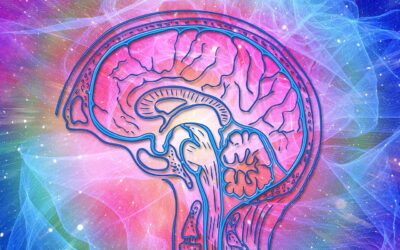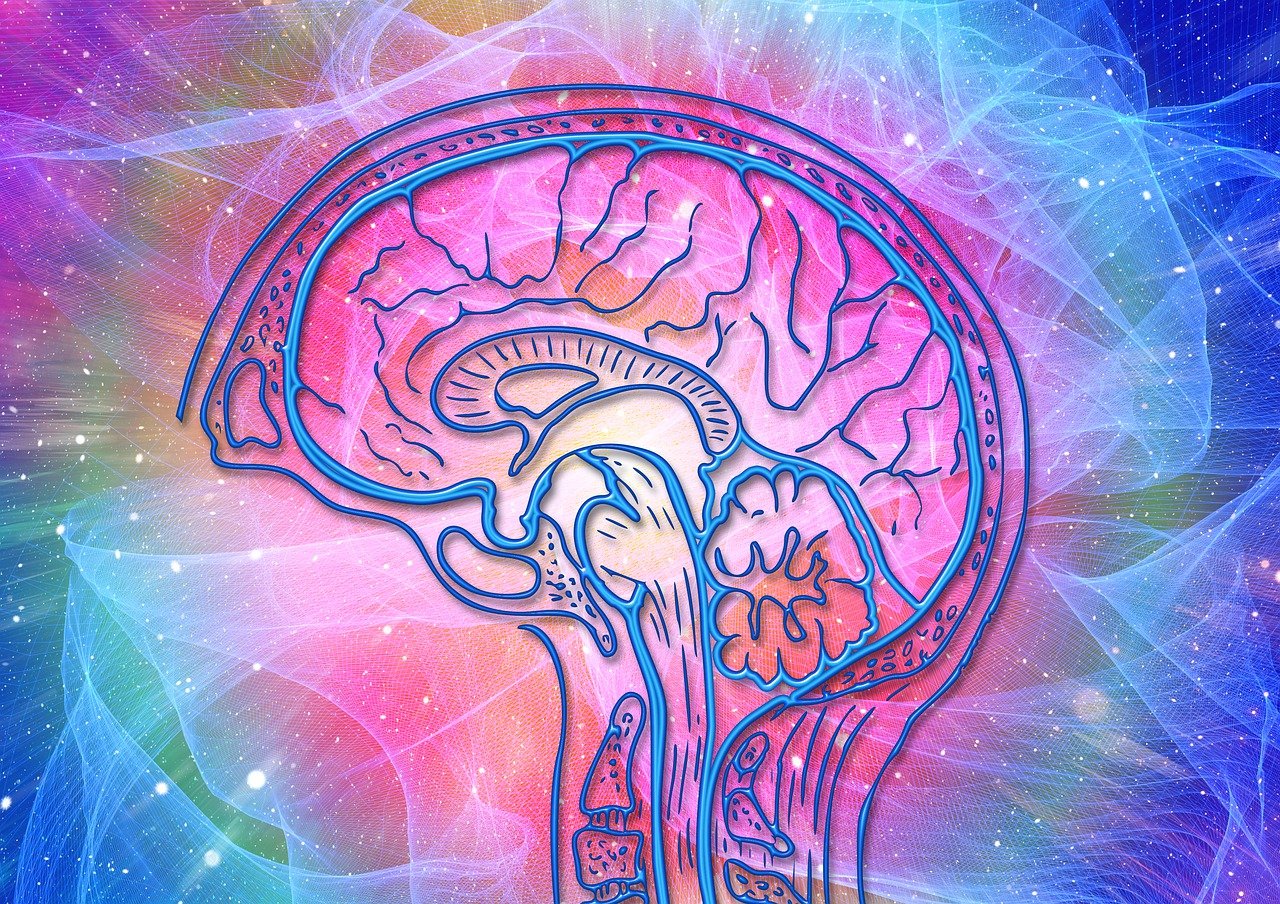Building an AI-Ready Workforce: Skills and Roles for the AI Era
As artificial intelligence (AI) reshapes industries and job markets, companies are racing to build AI-ready workforces. This technological shift is creating new roles and demanding new skills from employees at all levels. How can businesses and individuals prepare for this AI-driven future?
The AI Skills Gap
The demand for AI talent is outpacing supply. A recent study found that 69% of companies report a shortage of AI skills [1]. This gap is not just in technical roles but across various functions that interact with AI systems.
Key areas where skills are lacking include:
- Machine learning and deep learning
- Data science and analytics
- AI ethics and governance
- AI-human interaction design
Emerging Roles in the AI Era
The AI revolution is creating new job titles and transforming existing ones. Some of the most in-demand roles include:
AI Architects
These professionals design and oversee the implementation of AI systems within organizations. They need a mix of technical knowledge and business acumen to align AI initiatives with company goals.
Machine Learning Engineers
ML engineers develop and deploy machine learning models. They work closely with data scientists to turn algorithms into production-ready systems.
AI Ethics Officers
As AI systems become more prevalent, there’s a growing need for professionals who can navigate the ethical implications of AI. These roles focus on ensuring AI systems are fair, transparent, and accountable.
AI-Human Interface Designers
These designers create user-friendly interfaces for AI systems, making complex technologies accessible to non-technical users.
Upskilling the Existing Workforce
Companies are not just hiring new talent; they’re also investing in upskilling their current employees. This approach helps bridge the AI skills gap while retaining valuable institutional knowledge.
Effective upskilling strategies include:
- Partnering with online learning platforms to offer AI and data science courses
- Creating internal AI training programs tailored to specific company needs
- Encouraging cross-functional projects that expose employees to AI technologies
The Role of Education
Educational institutions are adapting their curricula to meet the demands of the AI era. Many universities now offer specialized AI degrees and integrate AI courses into various disciplines.
However, the rapid pace of AI development means that lifelong learning is crucial. Professionals at all career stages need to continuously update their skills to remain relevant.
Soft Skills in the AI Era
While technical skills are crucial, soft skills are equally important in an AI-driven workplace. Skills that will be in high demand include:
- Critical thinking and problem-solving
- Creativity and innovation
- Adaptability and continuous learning
- Emotional intelligence and interpersonal communication
These skills complement AI technologies and are crucial for roles that involve human-AI collaboration.
Looking Ahead: The Future AI Workforce
As AI continues to advance, the definition of an “AI-ready” workforce will evolve. Future trends may include:
- Increased focus on AI literacy across all job functions
- Growth in roles that specialize in AI-human collaboration
- Emphasis on interdisciplinary skills that combine AI with domain expertise
Building an AI-ready workforce is a continuous process that requires commitment from individuals, businesses, and educational institutions. By focusing on developing both technical and soft skills, organizations can position themselves to thrive in the AI era.
[1] https://www.forbes.com/sites/bernardmarr/2022/04/26/the-top-5-artificial-intelligence-trends-for-2022/
[2] https://hbr.org/2020/10/how-to-build-a-data-and-ai-team
[3] https://www.mckinsey.com/featured-insights/artificial-intelligence/notes-from-the-ai-frontier-modeling-the-impact-of-ai-on-the-world-economy
[4] https://www.weforum.org/agenda/2022/01/3-ways-to-get-more-women-into-ai/
[5] https://www.technologyreview.com/2021/03/25/1021346/ai-education-workforce-skills-gap/









